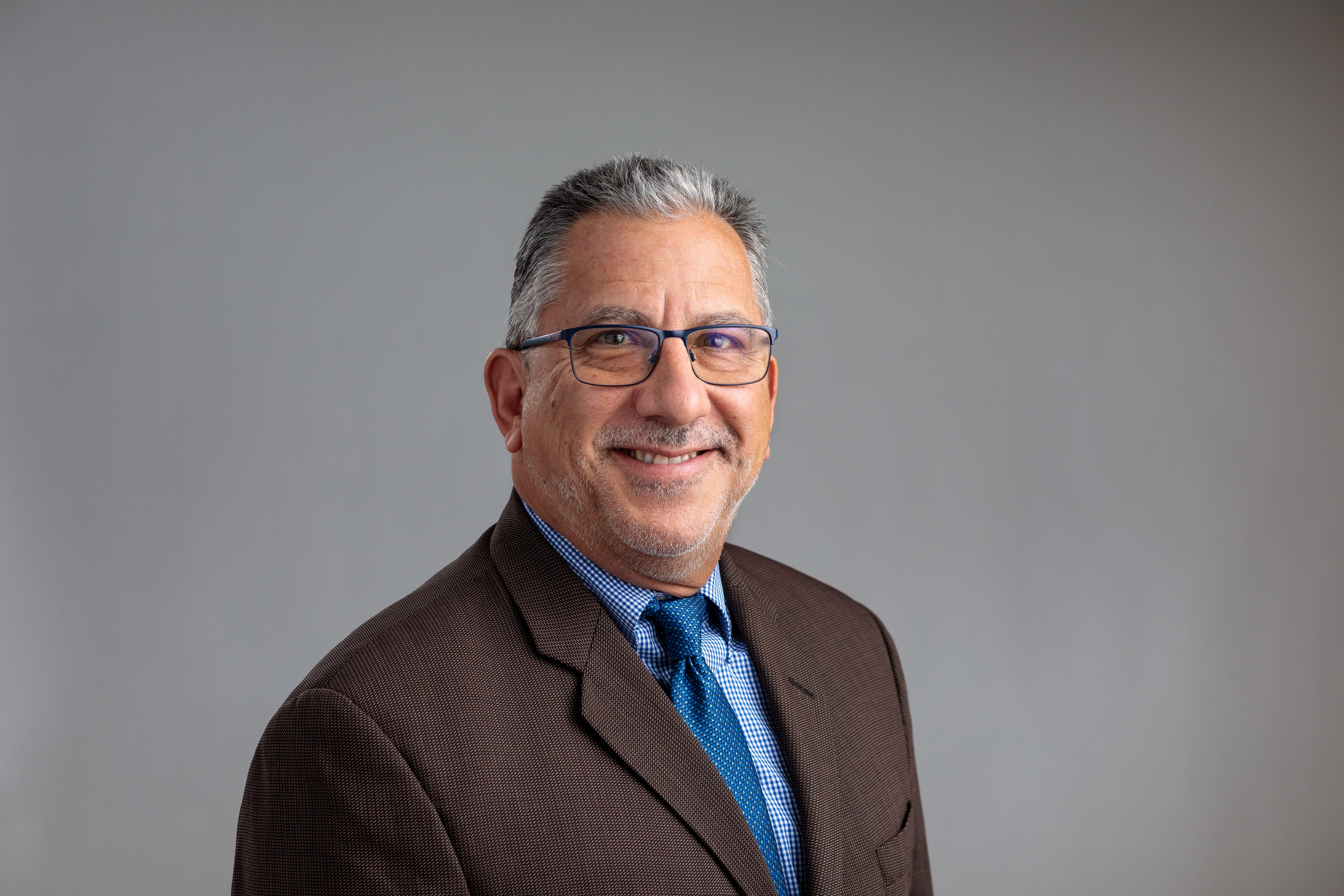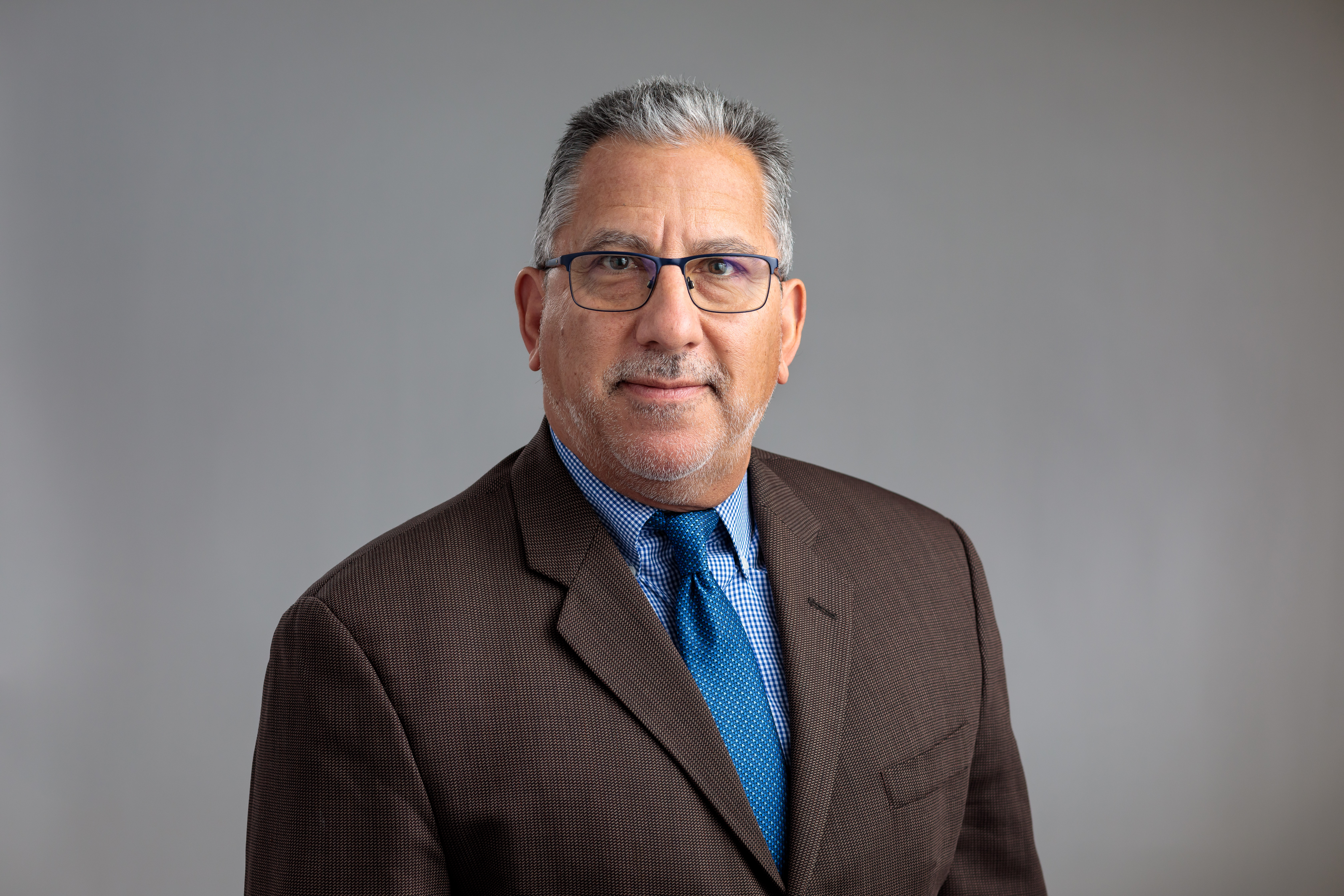Improving Migrant and Seasonal Head Start Policy and Practice

Problem
Poverty and frequent relocation hinder the early education of migrant farmworkers’ children.
Migrant and seasonal farmworkers have been an irreplaceable part of the United States’ agricultural economy for decades, but those with young children face additional challenges of raising their children within the context of stressful working and living conditions.
Solution
NORC co-leads a partnership to tap the full potential of existing Migrant and Seasonal Head Start data.
Through a grant from the Spencer Foundation, NORC partnered with The Catholic University of America and the National Migrant and Seasonal Head Start Association (NMSHSA) to ensure the accessibility and impact of data collected from a 2017 study. This nationally representative study examined the strengths and needs of Migrant and Seasonal Head Start (MSHS) children, families, and providers, including the impact of curriculum, language of instruction, teacher and staff credentials, and instructional practices. In this ongoing project, NORC has worked with 26 grantees across 35 states, serving 28,000 children of farmworker families.
Recognizing that services to support these children must be different from those offered by mainstream Head Start programs, we are using an equity lens to examine the unique characteristics and circumstances of the farmworker families served by MSHS programs, as well as the impact of factors such as curriculum, language of instruction, teacher and staff credentials, and instructional practices. These factors were established with input from those involved in the programs as users and providers.
Beyond the data, the partnership seeks to amplify the voice of the MSHS community and ensure that our work is as immediately impactful as possible. To that end, the project is structured as a collaborative research-practice partnership. MSHS providers, families, and policymakers will help shape the questions asked, the kinds of equity-focused analyses conducted, and the dissemination methods deployed.
Research capacity-building is an important part of our work, including supporting the goal of diversifying the workforce by providing a hands-on, equity-focused, community-research-based experience for emerging research scholars, graduate students, and NMSHSA interns.
Result
The MSHS community benefits from better-informed and equitable policies, more meaningful collaboration, and a greater voice.
The findings will inform program and policy decisions related to MSHS. They will also inform an ongoing equity-focused research agenda that is responsive to the unique characteristics, strengths, and needs of the migrant and seasonal farmworker families and programs. The network of 26 MSHS grantees has been actively involved in providing input to help guide the work of the collaborative partnership team.








